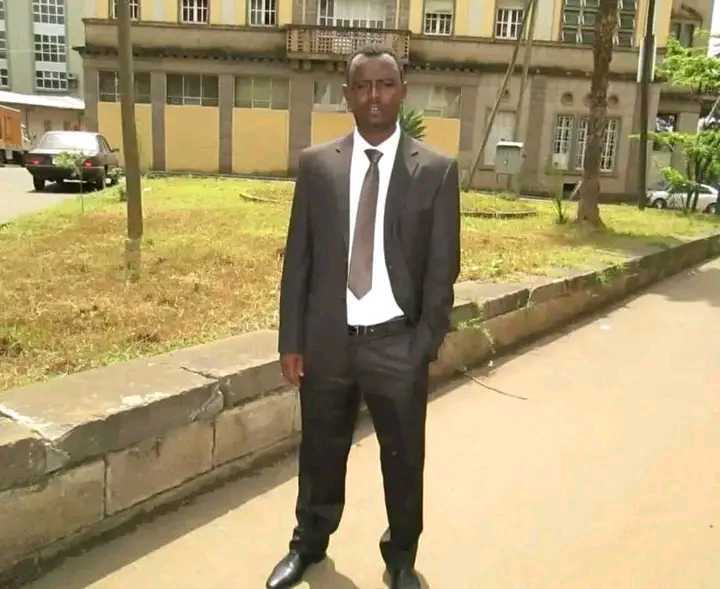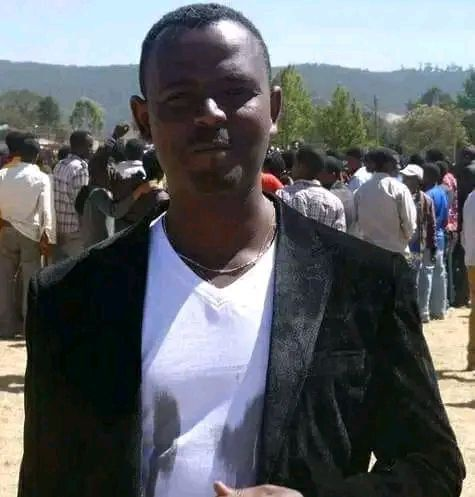Assistant Professor Tadesa Ababa was tragically killed during the recent unrest in Ethiopia’s Amhara Region. The Ministry of Education assigned teachers to invigilate the Grade 12 national entrance exam at various universities across the country.
Assistant Professor Tadesa Ababa, who was a Lecturer at Wolkite University, along with some of his colleagues, was assigned to Gondar University in the Amhara Region.
Unfortunately, in the days following the examination, a violent conflict broke out between the Fano Amahara Force and the Ethiopian National Forces. This conflict resulted in the tragic and untimely deaths of Assistant Professor Tadesa Ababa and two members of the university security force.
Due to the ongoing conflict, the students have been forced to interrupt their exams. This unfortunate situation has impacted over 16,000 students, according to the education ministry.
Lecturer Tadesa Ababa was a journalism and communications teacher in the English Language and Literature department at Wolkite University’s College of Social Sciences and Humanities. He was born in 1985 at West Shoa, Toke Kutaye woreda, Oromia region.
Teacher Tadesa Ababa had an extensive career in the field of education. He was initially employed as a lecturer at Aksum University on September 30, 2009. After several years of dedicated service, he was transferred to Wolkite University in 2016, where he continued his teaching journey. At Wolkite University, instructor Tadesa Ababa worked in the English Language and Literature department on November 15, 2016 to November 20, 2020, and from February 26, 2021 until the day of his death (August 03, 2023) he served as Vice Dean of the College of Social Sciences and Humanities.
According to a statement released by Wolkite University, Teacher Tadesa Ababa was described as diligent, hard-working, and honest in his work. He was known for his sincerity of character and his considerate nature towards others.
Unfortunately, he was killed at the young age of 38. He was the father of three daughters.
Due to the conflict in the region, a state of emergency was declared. As a result, some teachers who had traveled to the region to invigilate exams were unable to return to their homes. Roads and air transport movements have been blocked in the region.
According to his friend and local media reports, the body of the late assistant professor Tadesa was at Gondar University Referral Hospital for around five days.
As of this writing, the body of teacher Ababa has not been sent to his family for burial due to the transport blockades.

International Law
Ethiopia, as a party to various human rights treaties such as the UDHR, ICCPR, CRC, and ACHPR, is obligated to protect individuals from human rights violations. The primary responsibility lies with the State, but this duty may also extend to non-state armed groups in situations where they have established territorial control.
A State or armed group may be found to have failed to meet this obligation, when they “failed to exercise due diligence to prevent and respond to such acts.” According to Common Article 3 of the Geneva Conventions of 1949 and Additional Protocol II of 1977, in situations of armed conflict, civilians should be protected against dangers arising from military operations unless they participate in hostilities.


